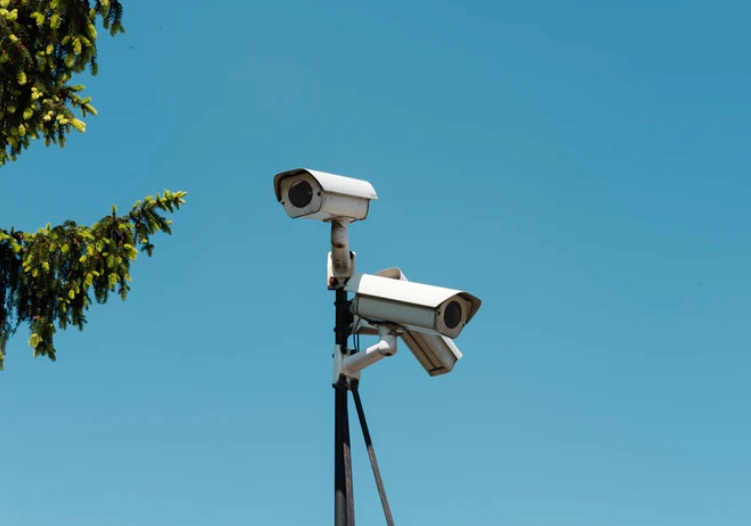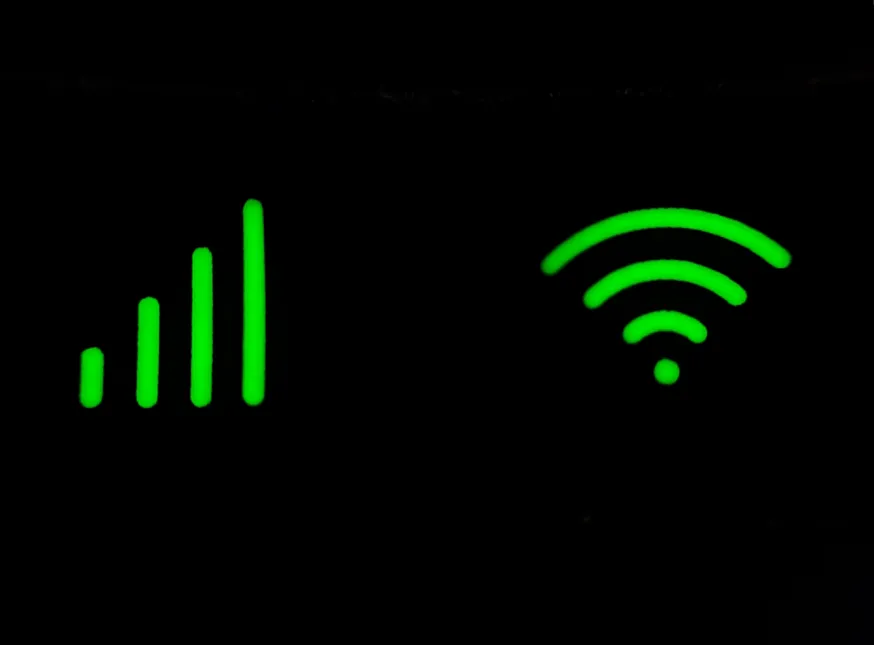Incognito browsing is a feature in many web browsers that allows users to browse the internet without saving their history, passwords, or cookies.
While this feature can be useful for privacy, there are many myths about incognito browsing. In this article, we will dispel the top 10 dangerous incognito browser myths.

Are you safe going incognito?
Many people believe that incognito browsing is dangerous and risky behavior. However, is it really? Incognito browsing simply means that your web browser does not save the websites you visit or the files you download.
Furthermore, it also does not keep track of your IP address or passwords. This means that no one can see what you have been doing online. While some people may believe that this is risky behavior, there are actually several benefits to using incognito mode.
First, incognito browsing can help protect your privacy. When you visit a website, the site can see your IP address and track your activity. If you are using incognito mode, the site will not be able to see this information.
Additionally, if you are using a VPN service, the site will not be able to see your real IP address. Therefore, this provides even more benefits.
10 Myths About Incognito Browsing
- The first myth is that using a Virtual Private Network (VPN) will keep you anonymous. While VPNs are useful for hiding your identity, they can be easily compromised.
- Another common myth is that clearing your browser’s cache or using an anonymous browser like Tor will keep you safe. However, these measures are not foolproof and can be easily circumvented by hackers.
- Another common myth is that incognito browsing means there is no risk in using the same password for multiple accounts. By having the same password for all accounts, it is easy for hackers to gain access to your personal information if one of your accounts is compromised.
- Another common myth is that you can’t be tracked if you don’t use the internet at all, or purely just using incognito browsing.
- One of the most common myths is that using a VPN or proxy server will protect your identity and keep you safe from hackers. However, VPNs can be compromised, and proxies can be easily tracked. So having a premium VPN like ExpressVPN 1 year subscription will keep your IP anonymous.
- Another common myth is that clearing your browser history or using private browsing mode will keep you anonymous. In fact, both of these measures can be easily circumvented, and your activity can still be tracked.
- Some people believe that using a cache extension alongside incognito browsing, will keep their internet history hidden from others. However, these extensions are often not very effective, and can still be monitored by third parties.
- Many people believe too that using an encrypted email service while incognito will keep your communications confidential. But it isn’t as simple as this.
- Another myth is that many people believe there is no risk of catching computer viruses if they are browsing incognito. Unfortunately, the risks remain the same.
- Many people also believe that if they use incognito mode at work, that their IT team or staff won’t be able to track usage. Unfortunately, incognito mode does not work this way.

Don’t be fooled: There are dangers to incognito browsing
Incognito mode is a great way to keep your browsing history and activities private. However, there are several dangers of using the incognito mode that you should be aware of.
First, the incognito mode does not protect your computer from malware or viruses. Second, websites can still track your activity even in incognito mode.
Based on this, using a VPN or an anonymous browser is a better way to protect your privacy than incognito mode.
Finally, the cache in incognito mode can still store information about your activities, even after you close the window.
Is your browser really private?
When you browse the internet, your computer is constantly sending and receiving what are called “data packets”. Websites you visit, files you download, images you view; all of this information passes through your computer and is stored in various locations.This raises some serious privacy concerns, as anyone with access to this information can see what you’ve been doing online.
One way to protect your privacy is to use a VPN. A VPN encrypts all of your traffic and routes it through an intermediary server before it reaches the internet. This makes it difficult for anyone to track your activity or steal your data.
Another way to protect your privacy is to clear your browser’s cache and history regularly. The cache stores copies of the files and images you have recently viewed, so clearing it removes any traces of your activity.
Busting Myths About Incognito Browsing
Security and privacy are two of the most important aspects of the internet. Unfortunately, many people don’t take these seriously and engage in dangerous behavior that can compromise their safety and privacy.
While there are many positives to incognito mode, it is important to exercise caution in using this mode. Remember that incognito mode does not keep you anonymous. Your browsing history and activity can still be tracked by your ISP, web browser provider, and other third-party companies.
Additionally, the incognito mode does not protect your computer from malware or other online threats. In fact, it can actually make you more vulnerable to attack because it removes some of the security features of your browser.
The Takeaway
To summarise, there are numerous myths surrounding the dangers of incognito mode. While it is true that some activities are more dangerous when done in secret, using incognito mode is generally safe.
Always use common sense and be aware of the risks associated with any activity, especially anything internet-based! Have fun and stay safe!
By Evita Lopez
READ MORE
If you click on a link in the article, a partner of Generation95 may receive a small commission.














































